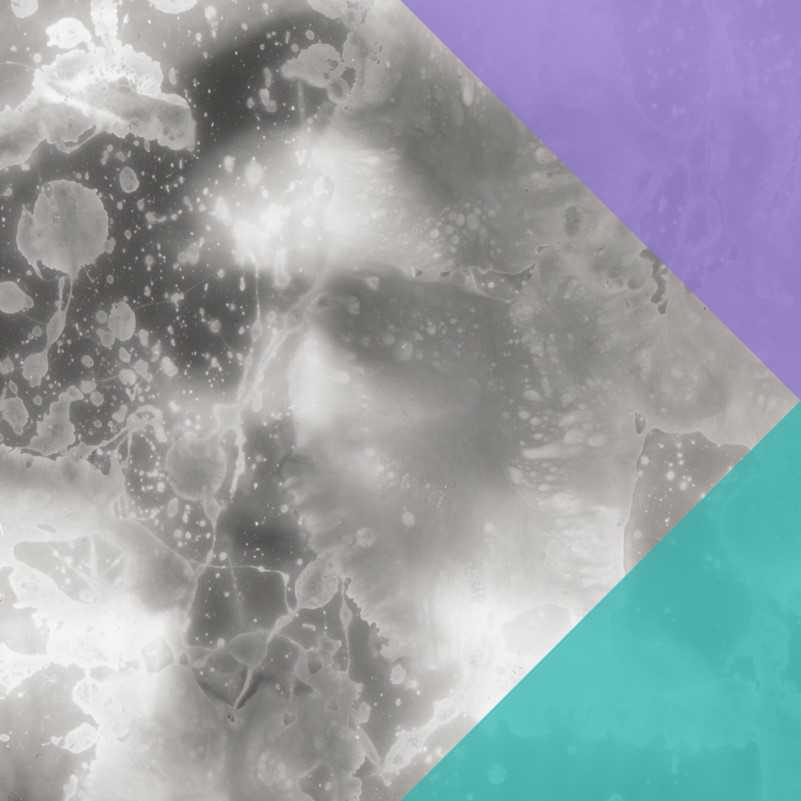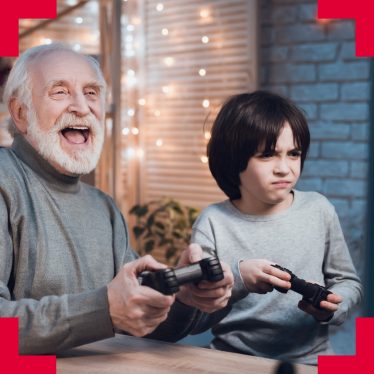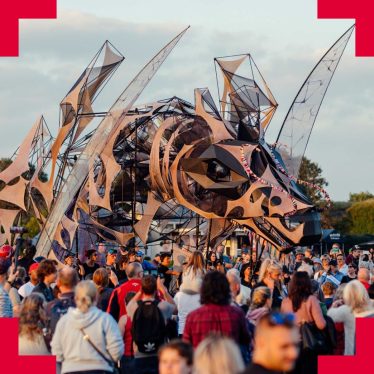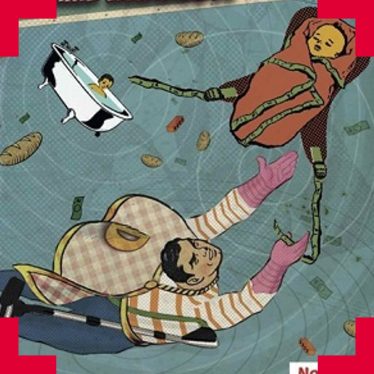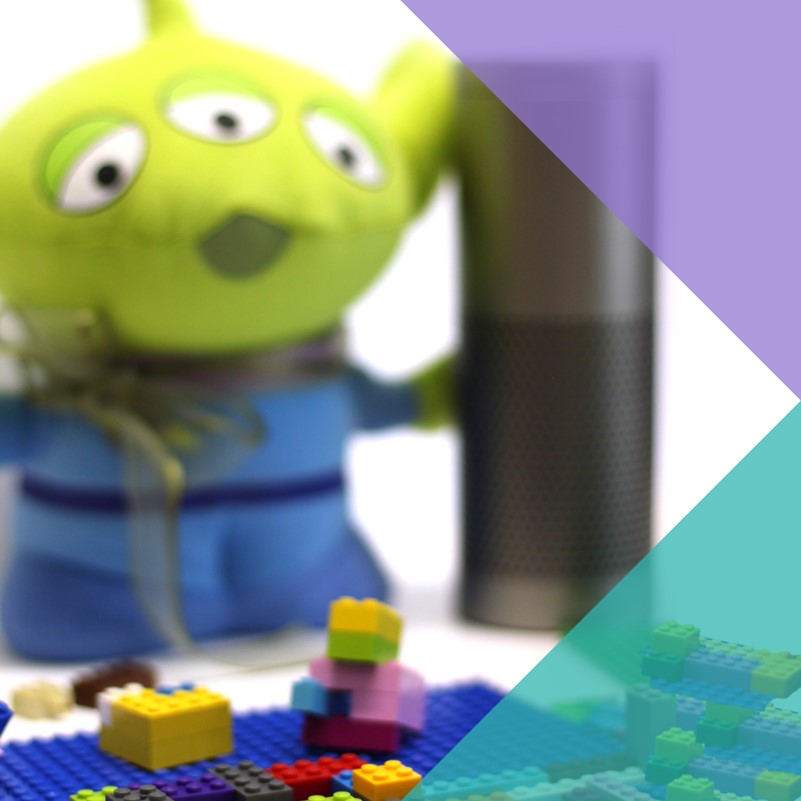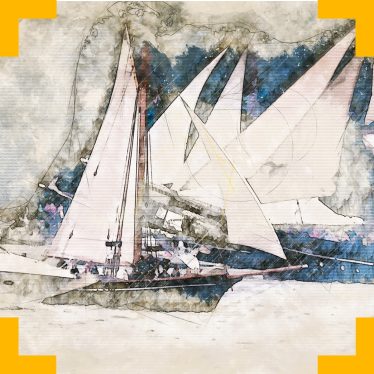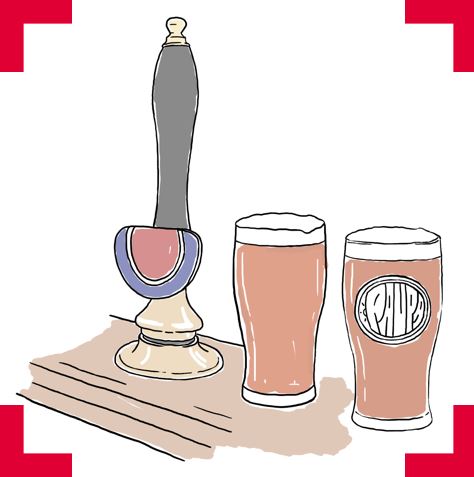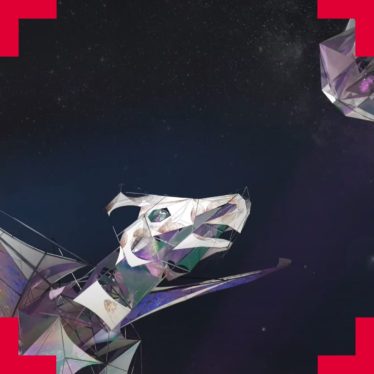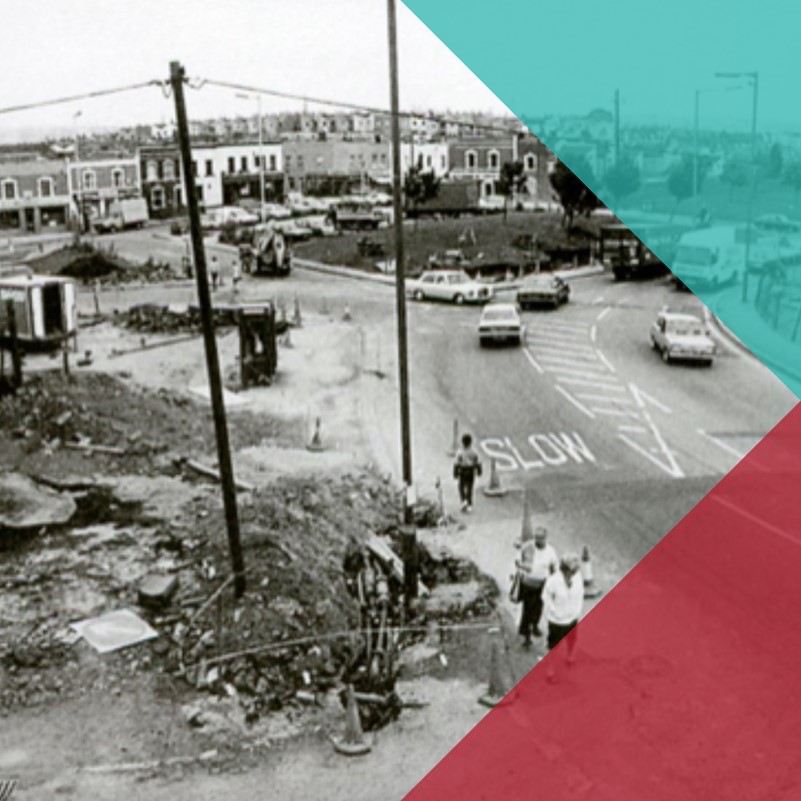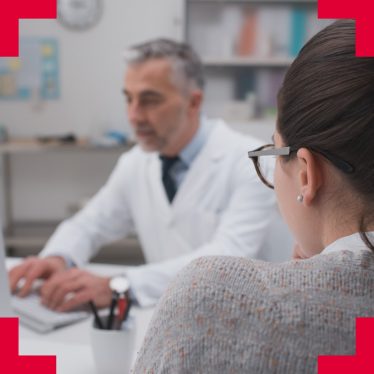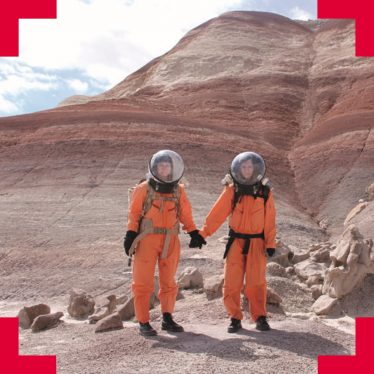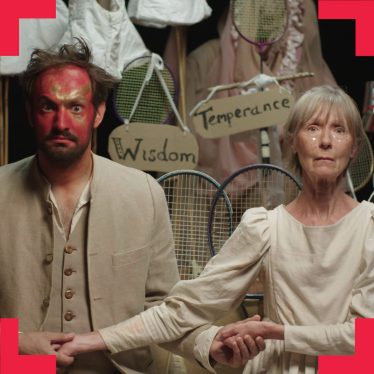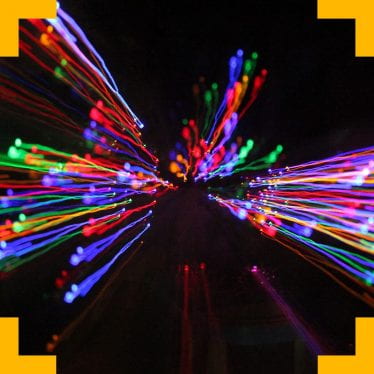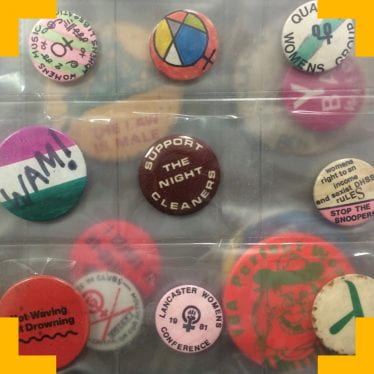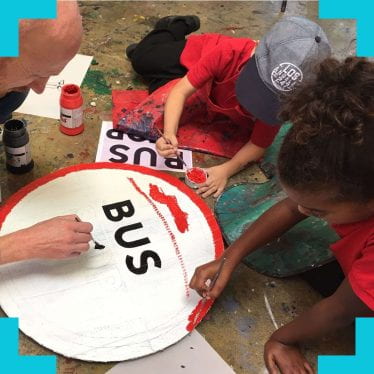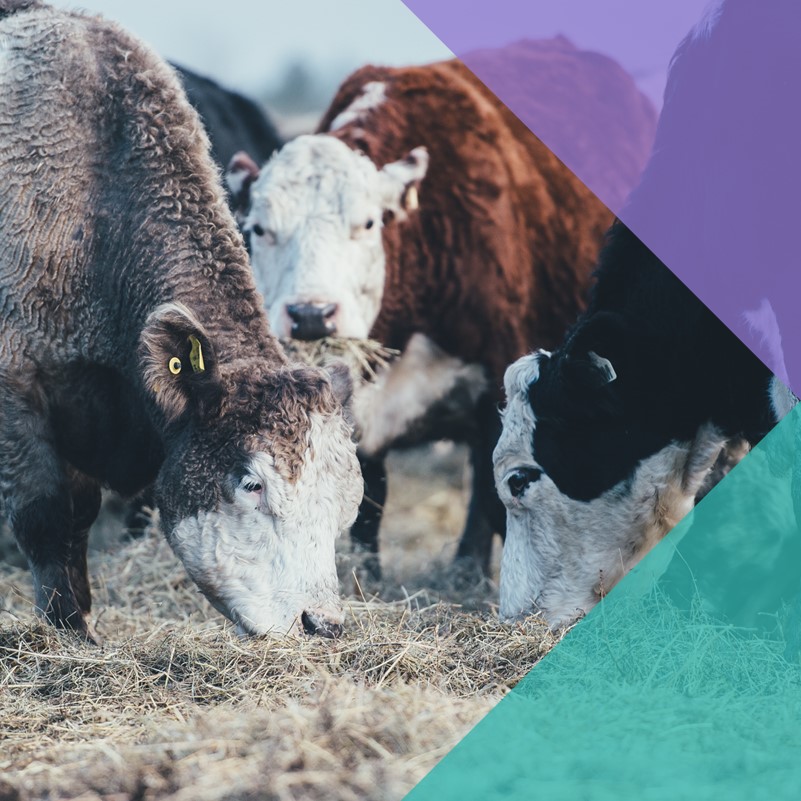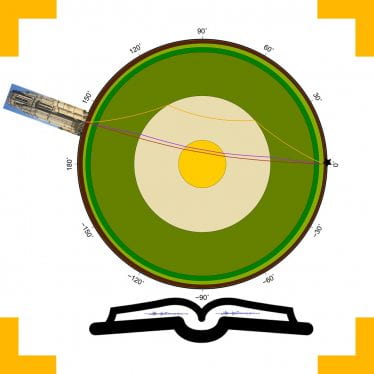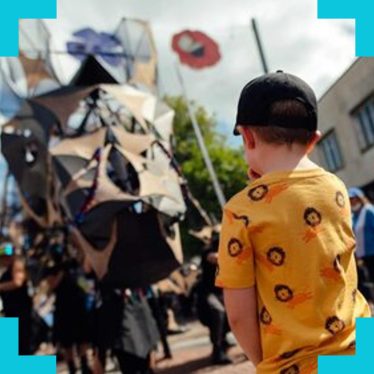News in 2018
- Life/Time: Rhythmanalysing Working Life in Time and Motion 1 January 2020 Can our wearable devices such as pedometers, heart-rate monitors, and Fitbits be repurposed to challenge the relationship between the user, the quantified-self, and our understanding of the workplace and beyond?
- The Social Arcade 1 February 2018 Why social play is important? How might social video gaming impact the wellbeing of an individual? Is there a way to fulfil an individual's gaming purpose in a more social environment?
- An Exploration of the History, Context and Meaning of Disabled People's Activism 1 January 2018 How can a creative event on the untold stories of disabled activism provoke discussion, exploration and creative responses to both the intersections and tensions of activism in Bristol and the South West of England?
- Little Things Rule the World: The enlivening Practices of Apiculture and Hand-made filming 1 January 2018 How can experimental film be used to address the global decline in flying insects and the loss of bees and biodiversity?
- Embodying a Mythical Beast: a Study of Becoming Dragon 1 January 2018 Is it possible to design a ‘convincing’ puppet but wanted to discover if you can make an audience feel as though “a beast has life” even if “the being in question doesn’t exist”?
- How to Mend a Broken Heart 1 January 2018 Which aspects of living with takotsubo cardiomyopathy cannot be captured by the label “broken heart syndrome”? Did participants experience their diagnosis as a “biographical disruption” and does that affect their self-representation?
- The Association of the Unknown Shore 1 January 2018 How might Bristol productively acknowledge its ongoing colonial legacy and contribute to the work of truth and reconciliation with Canada’s First Nations, Inuit and Metis people? What is the potential role of arts practice within this process? How might contemporary enactments, ceremonies, and rituals devised in response to the archival and material records of this history make visible Bristol’s role in north American colonisation?
- Gorilla Game Lab: Designing digital/tangible cognitive games for zoo-housed gorillas 1 January 2018 Can gorillas use computers? Can they, and perhaps other non-human animals, reach a state of ‘Flow’? Could cognitive game-play positively impact their well-being in zoos?
- DadMan: Bathtime Warrior 1 January 2018 What is the contemporary father’s role in early parenting? How attainable are feminist ideals of parenting equity and what the key barriers to them? To what degree can performance art capture/explore tensions in work-life balance?
- Bots and Interactive AI: Modern Inclusive Classrooms of Tomorrow 1 January 2018 How can collaborative PD methodologies be adapted for individual visual impairment to empower stakeholders in the design process of an inclusive AR/MR learning solution?
- Think Tanks: Humans and Oceans 1 January 2018 Can we address themes such as sustainability, conservation, multispecies relationships, maritime history and ‘ocean blindness’, to define new ocean pedagogies that can empower learners to create positive change?
- Our Neighbourhood Our Stories 1 January 2018 How can we explore what are the barriers and facilitators to opportunities for play, social interaction, physical activity and healthy eating for children through neighbourhood walkabout and photovoice?
- Men in Pubs: Pubs as social spaces in the Life-stories of Older Men 1 January 2018 How do pubs feature in older men’s life-histories? What role do pubs play in these men’s social lives? And how have these social spaces impacted on men’s social connections and networks in later life?
- The Truth of the Tale 1 January 2018 How can academics work with storytellers to translate factual research into gripping stories for children and adults? What is the relation between truthfulness and fantasy in storytelling?
- The Road 1 January 2018 How can an awareness of local history improve our understanding of our community?
- The Brexit Workshop 1 January 2018 How did Brexit exasperate new and old anxieties about immigration, racism, class, and the so-called 'left-behind'? How can the academic community and city partners collaborate to undo the damage this caused?
- One in a Million: Qualitative Data Archive - ideas exchange to share good practice and widen usership 1 January 2018 How can an archive of primary care consultations be used across the disciplines and to engage publics?
- Life on Mars? Building a Martian house 1 January 2018 What would be needed to live on Mars?
- Writing and well-being for busy people 1 January 2018 Why have people written diaries, now and in the past? Can private diary writing help promote well-being? Is it time to ‘reimagine’ the diary for the contemporary era in an era where people publicly share life-stories on social media?
- Classical Religions and Modern Wellbeing 1 January 2018 What resources could a multidisciplinary dialogue about ancient Greek and Roman religions discover for understanding, caring for, and cultivating forms of mental and spiritual wellbeing today? How could this same dialogue generate new perspectives on Greek and Roman religions?
- Talking About Migration 1 January 2018 How are migration and migrants/refugees represented in the media? How can we improve public conversations about migration from the grassroots up?
- Interdisciplinary Public Engagement Event with the Somali Communities in Bristol Focused on Young Somali Wellbeing 1 January 2018 How can the University work with the Somali communities in Bristol to improve wellbeing and outcomes for Somali young people? How can a migrant community use research evidence to support their development?
- Living Well in Wartime: Experimental Performance in Britain during the First World War 1 January 2018 What system of dance and theatrical movement developed amongst the little theatres during the war, and how was it distinctive? What is the relationship between the artistic work of the little theatres, and their political values?
- Experiences of Dementia Diagnosis pre and post Diagnosis Support: a co-production approach 1 January 2018 How can we design a peer support service for people receiving a diagnosis of dementia?
- What the Future Holds 1 January 2018 What can we learn from the collective care practices of the Women’s Liberation Movement (WLM) to create a care toolkit relevant to contemporary contexts?
- The Bus Project 1 January 2018 Why aren’t children from Hartcliffe ‘on the buses’? Prompted by the experiences of children in Hareclive, this project uses arts-led methods to explore this important question, understanding the effects of “bus immobility” on the children of Room 13. It provides evidence to assess and challenge bus and transport policy in Bristol and beyond.
- Using Immersive Technologies for PSHE Education 1 January 2018 Is there an appetite for using immersive technology in PSHE education? What are the potential risks of using this method? Are young people engaged when using this method?
- The Power of Waste: application of Microbial Fuel Cell Technology in Livestock Agriculture 1 January 2018 How can researchers come together to explore the use of Microbial Fuel Cell (MFC) technology to utilise waste in innovative ways?
- The Unsettled Planet: Quantifying and Communicating the Instability of Terra Firma 1 January 2018 How might bringing together artists, scientists and researchers in the humanities with shared interests, generate insights into a shared language for research and creative practice? How can we better communicate risk levels associated with ground movement?
- The Dragon Debates 1 January 2018 How do the public themselves argue today, as compared with the political elites who are traditionally the focus of study? What rhetorical appeals do the public find most persuasive in practice and why?
- Co-creating a Citizens Advice Service within a District General Hospital 1 January 2018 How can we draw together expertise from patients and their families, health service staff, Citizens Advice workers, academics and civil society organisations to develop an innovative scheme for providing a Citizens Advice Service within a District General Hospital?
